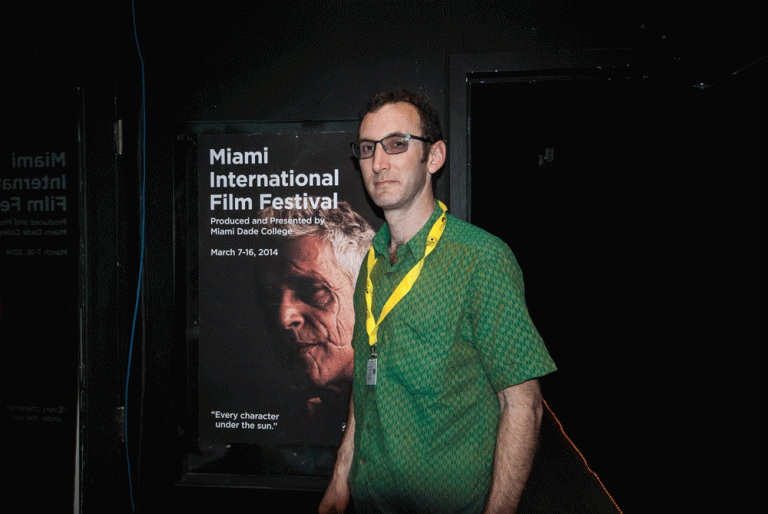
Emmanuel Alcantar
Staff Writer
Last Wednesday at Pollock Theater, when the screening of award-winning documentary “The Overnighters” began, the movie seemed as if it were filmed just last year. There was a paradoxical mix of resentment towards the status-quo and anxiety about changes to that status-quo. It was a reality that mirrored the current political and economic climate of the United States. The Carsey-Wolf Center also brought director Jesse Moss to discuss the film in a post-screening Q&A.
“The Overnighters” takes place in 2014, in the aftermath of the Great Recession. Many people from all around the country are travelling to North Dakota to find a job in the state’s booming oil industry. Many of these people do not have the financial resources to take care of themselves. The film is set in the town of Williston and newcomers looking for lucrative oil jobs must rely on the Overnighters program started by Pastor Jay Reinke.
Overnighters, as participants are called, either sleep overnight in the parking lot of the Concordia Lutheran Church or are taken in by the pastor and his family. However, many people in this small town become restless, as they see the Overnighters as outsiders invading their community. The pastor has to convince the city and the community to save his program.
The most striking thing about this film was how prescient it was and how reflective the attitudes of the people of Williston are in the present day. “The Overnighters” confronts issues of income inequality, environment, and privacy. The film becomes even more compelling within the context of the 2016 election—it seems almost eerie when you see Jay reading a newspaper that says “Clinton touts Heitkamp” on the cover. Despite the fact that it takes place four years ago, the problems that arise in the film almost accurately predict what would come in 2016: the revenge of the white working class.
When asked about how he found his way to this story, Moss spoke about how he was captivated by accounts of thousands of people looking for work and traveling to the church. There was already media coverage of this large migration, but Moss felt that all his questions weren’t answered. Did they even find work? He had read an op-ed written by Jay Reinke and travelled to meet him after he heard about the Overnighters program. He was hooked by Reinke’s openness and candidness.
Moss also discussed how it took him a year to let go of ideas he viewed as extraneous. The original focus of the story was the Overnighters and their work, but Moss realized that Reinke would make a more compelling protagonist.
“The Overnighters” has a vivid sense of place. Williston is small, industrial, and conservative. Moderator Tyler Morgenstern, a media studies Ph.D student, asked Moss what Williston was like because the film has a subtle yet unavoidable environmental aspect. It spends a large amount of time discussing the oil industry in North Dakota. Moss said that the underlying environmental message of the film came organically and wasn’t initially intended. As he spent time following these Overnighters, it seemed only natural to cover the work they were doing.
Moss describes Williston as representative of “the wildest form of capitalism.” When asked later during the audience Q&A if he was worried about alienating a group people, Moss was honest and said that he didn’t care and thought the town was “narrow-minded,” although he was pleased that the people of Williston had a positive reception to the film.
One of the audience members asked how to best display Reinke to the viewer. Moss joked about how Reinke spent a lot of time crying, which made him worry that the audience would view the pastor as contrived. He decided that he would withhold showing the viewer Reinke’s tears until near the end, so that the audience could see him as genuine. That saddening scene occurs when the Overnighters program is eventually shut down and Jay is forced to say goodbye to all the town’s job-seeking newcomers. It is a beautifully poignant scene.
Moss is currently working on a new film that deals with a similar group of people and, although he said these projects were financially lucrative, he admitted that “the riskiest way is the best way” when it comes to filming.










